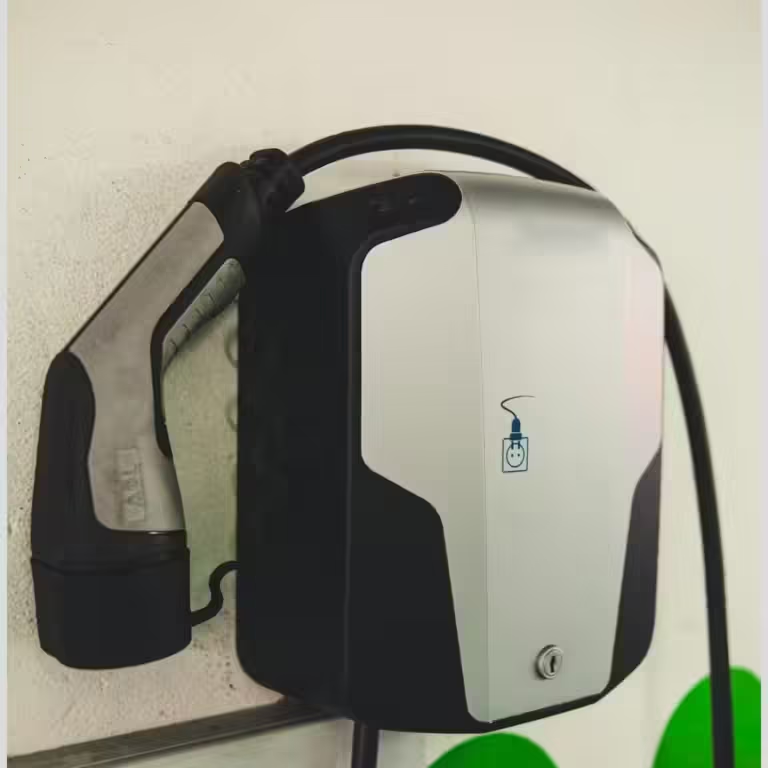In this article:
Website Security Maintenance
In today’s digital landscape, the threat of cyber attacks is ever-present, making website security a top priority for businesses of all sizes. Cyber threats can range from malware and phishing attacks to more sophisticated breaches that can compromise sensitive data. The impact of a security breach can be devastating, leading to financial loss, damage to reputation, and loss of customer trust. Regular maintenance is crucial in enhancing the reliability and security of your site, ensuring that it remains a safe space for users.
Moreover, a well-maintained website not only protects against threats but also improves overall performance. By keeping your site secure, you can prevent downtime and ensure that users have a smooth experience. This is particularly important for businesses that rely on their websites for e-commerce, lead generation, or brand visibility. Regular website safety upkeep advice can help you stay ahead of potential threats and maintain a strong online presence.
Regular Software Updates: A Crucial Step in Website Security
One of the most effective ways to protect your website is by keeping its software up-to-date. Outdated software can create vulnerabilities that cybercriminals can exploit. Regular updates ensure that your website is protected against the latest threats and that it operates smoothly. It’s essential to schedule updates for your content management system, plugins, and any other software components your site relies on.
To manage updates effectively, consider setting up a routine website maintenance schedule. This schedule should include regular checks for available updates and a plan for implementing them promptly. By staying proactive, you can minimize the risk of vulnerabilities and keep your site secure.
Implementing Strong Password Protocols
Passwords are the first line of defense against unauthorized access to your website. Implementing strong password protocols is essential for maintaining website security. Encourage users to create complex passwords that include a mix of letters, numbers, and special characters. Additionally, consider using two-factor authentication to add an extra layer of security.
Managing passwords can be challenging, especially for businesses with multiple users. Password managers can help by securely storing and managing passwords, reducing the risk of weak or reused passwords. By prioritizing strong password protocols, you can significantly enhance your site’s security.
Conducting Regular Security Scans
Regular security scans are a vital component of website security maintenance. These scans help identify vulnerabilities and potential threats, allowing you to take action before they can be exploited. There are various tools available for conducting security scans, each offering different features and levels of protection.
When conducting security scans, it’s important to interpret the results accurately and take appropriate action. This may involve updating software, changing configurations, or implementing additional security measures. By making security scans a regular part of your maintenance routine, you can ensure that your site remains secure and protected.

Website security maintenance tips
Establishing a Comprehensive Backup Strategy
Backups are an essential part of any website security strategy. In the event of a security breach or data loss, having a reliable backup can mean the difference between a quick recovery and a prolonged downtime. There are various backup solutions available, ranging from manual backups to automated systems that store data both on-site and off-site.
When establishing a backup strategy, consider the frequency and storage of your backups. Regular backups ensure that you always have a recent copy of your data, while off-site storage protects against physical damage or theft. By implementing a comprehensive backup strategy, you can safeguard your website against data loss and ensure a quick recovery in case of an emergency.
Utilizing SSL Certificates for Enhanced Security
SSL certificates are a crucial component of website security. They encrypt data transmitted between your website and its users, protecting sensitive information from being intercepted by malicious actors. Implementing an SSL certificate is essential for any website that collects personal or financial information.
To implement SSL on your website, you’ll need to purchase a certificate from a trusted provider and configure your server to use it. This process can vary depending on your hosting provider and server setup, so it’s important to follow the instructions provided by your SSL certificate provider. By utilizing SSL certificates, you can enhance your site’s security and build trust with your users.
Monitoring Website Activity for Threat Detection
Monitoring your website’s activity is a proactive approach to website security maintenance. By keeping an eye on user behavior and traffic patterns, you can quickly identify suspicious activity and take action to mitigate potential threats. There are various tools available for monitoring website activity, each offering different features and levels of protection.
When monitoring your website, it’s important to respond promptly to any suspicious activity. This may involve blocking IP addresses, changing configurations, or implementing additional security measures. By staying vigilant and proactive, you can ensure that your site remains secure and protected.
Keeping Your Website Content Updated
Keeping your website content updated is not only important for SEO but also for website security. Outdated content can pose security risks, as it may contain vulnerabilities that have since been patched. Regular content updates ensure that your site remains secure and relevant to users.
To keep your content updated, consider setting up a routine content management system. This system should include regular checks for outdated content and a plan for updating it promptly. By staying proactive, you can minimize the risk of vulnerabilities and keep your site secure.
Engaging with a Professional Website Maintenance Service
Engaging with a professional website maintenance service can provide peace of mind and ensure that your site remains secure and up-to-date. These services offer a range of features, from regular updates and security scans to backup solutions and performance optimization.
When choosing a website maintenance service, look for a provider that offers comprehensive security features and a proven track record of success. Modular DS is an excellent option for automated website management, offering a range of features designed to keep your site secure and efficient. With Modular DS, you can centralize and automate the management of your WordPress sites, ensuring that they remain secure and up-to-date. [Learn more about Modular DS](https://modulards.com/en/?fpr=bilbo).
 Master Website Compliance Standards: Essential Tips You Can’t Ignore
Master Website Compliance Standards: Essential Tips You Can’t IgnoreProactive Measures for Long-Term Website Security
By following these website security maintenance tips, you can protect your site from vulnerabilities and enhance user trust. Regular updates, strong password protocols, security scans, backup strategies, SSL implementation, monitoring, content updates, and professional services are all essential components of a comprehensive security strategy. By adopting a proactive security mindset, you can ensure that your site remains secure and reliable for the long term.
Frequently Asked Questions
- What are the most common website security threats?Common threats include malware, phishing attacks, and DDoS attacks. Regular updates and monitoring can help mitigate these risks.
- How often should I perform security scans on my website?It is recommended to conduct security scans at least once a month or after any significant changes to your website.
- What is the best way to back up my website?Utilize automated backup solutions that store backups both on-site and off-site to ensure data recovery in case of a breach.
- How can I tell if my website has been compromised?Signs of compromise include unexpected changes to content, unusual traffic spikes, or notifications from security tools about vulnerabilities.
What do you think about these website security maintenance tips? Do you have any questions or additional tips to share? Let us know in the comments below!


















